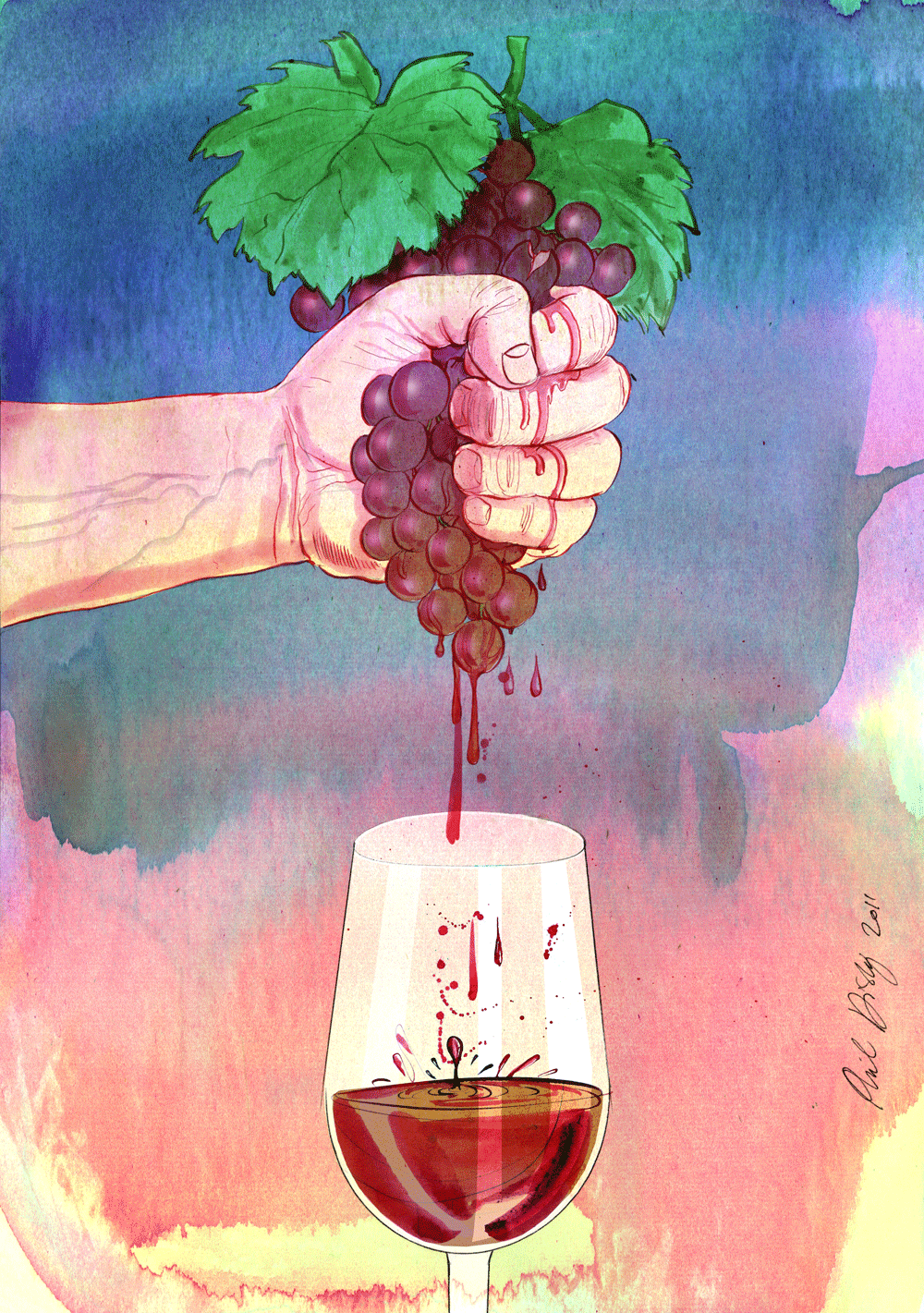The Anonymity of Cheap Wine
One thing I've found in my years writing about wine is that virtually every grape grower and winemaker is more than happy to talk forever about their wines. The one glaring exception is wines that for all accounts and purposes is not really made by people, but by large corporations. The generic house brands of national chains like Trader Joe's and Whole Foods are almost a throwback to a different era entirely in wine culture, when even basic information about what was in a bottle, or where it came from, were hard to find. Given the modern environment though, it's hard not to feel like this is intentional obfuscation, because whatever factors go into making a wine that can be sold for $3 a bottle might otherwise ruffle some feathers among the customer base.

Take this great article by Megan Krigbaum at PUNCH, where she explores a $3.50 bottle of white wine that her mom got at Whole Foods. Without any consideration for the grapes themselves, or the vinification process, the basic costs for just the bottle, cork, label, and taxes makes it seem like the wine shouldn't exist (at that price). That doesn't give me much faith that the grapes were anything other than densely cropped and commercially farmed, with the kind of widespread fertilizer and pesticide use that many Whole Foods shoppers would find repugnant in, say, table grapes. Clearly, the store knows this, since they seemed wholly uninterested in answering any of her questions about the wine's origins. Take this passage:
"When I followed up to ask specifically about the wine my mom had purchased—where the grapes were grown, how long the Three Wishes brand had been around, how many cases were made each year—they stopped responding."
The same is true with the infamous "Two-Buck Chuck" of Trader Joe's fame. While in that case there's at least a bit of information floating around about where the grapes come from, attaching a winery name (Charles Shaw) to the bottle serves to obscure the fact that the grapes are being sourced from all over California, and are grown with an eye towards an abundant crop, not quality.

I recognize that for many would-be wine drinkers, spending $15 or more per bottle is simply impractical or impossible. Since the US seems unlikely to subsidize wine production the way that many European nations do, it's hard to imagine wine of some quality and specificity being made that would cost $5 or less at the store. Yet I do think that cheap wine has a lot of costs that we just prefer not to think about: environmental costs, labor abuses, and the fact that it simply devalues what should be a valuable product. It's not just the cheapest brands doing this either: so called "white label" wines are contributing to the commodification of wine.
Not every bottle of wine can or should be special. We all need an affordable option for that random #WineWednesday. Yet I'd ask that wine drinkers who care about things like labor practices, sustainable farming, and even the value of wine as something more than a Coca Cola-esque commodity think long and hard about what exactly they're buying, and why exactly it might be so cheap. You might not like the answer, if you can even get one.














